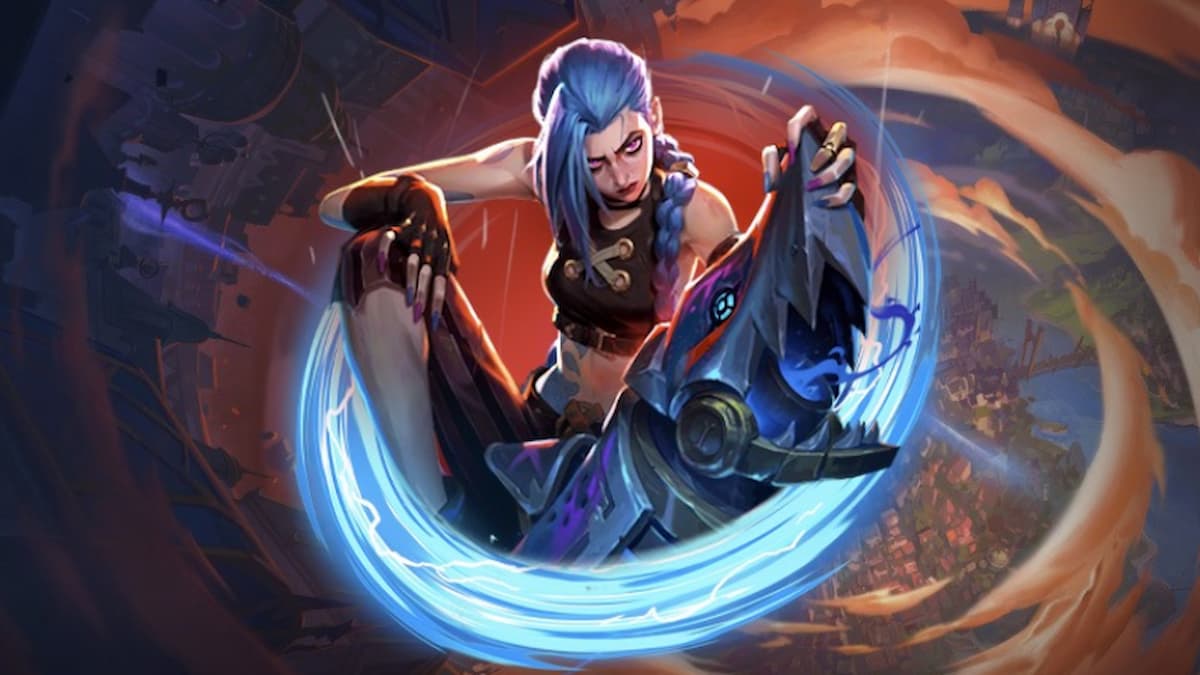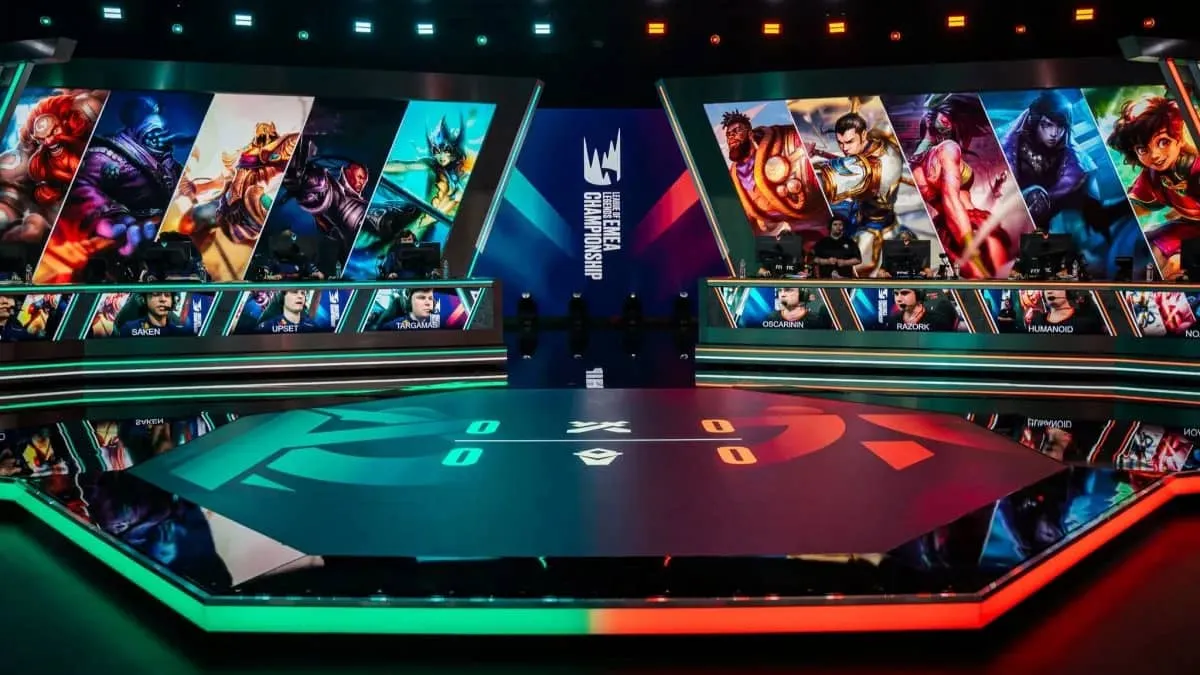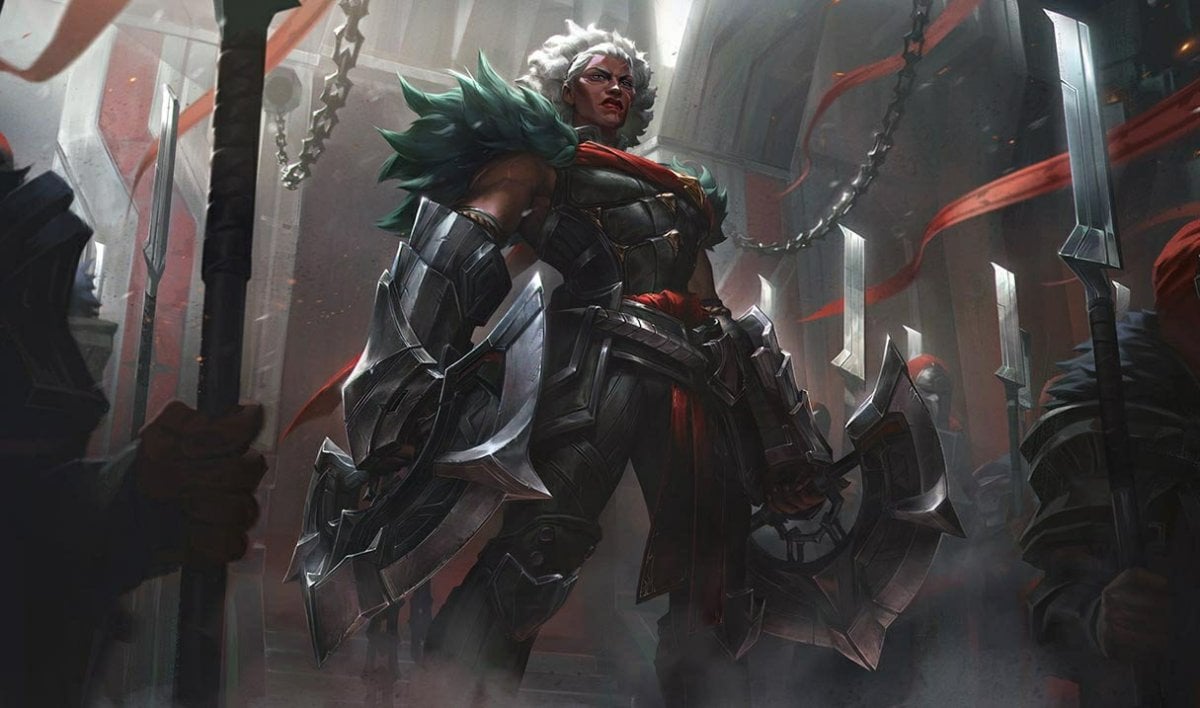Anna B. Baumann holds a degree in German Law (first and second state exam) and is currently a PhD researcher and lecturer. She is an avid gamer and has researched on acceptance through arbitration/appeal in administrative procedures. Player protection in professional League of Legends is a very important issue to her.
The League Championship Series (LCS) rules are the first of their kind. Made from scratch, they “are designed solely to ensure the integrity of the system established by the LCS for professional play of [League of Legends],” according to page 5 of rules Version 2.01 from Jan. 8, 2015.
The Riot esports team enforces the LCS rules on players and teams in the LCS who contractually agree to abide and be bound by the LCS rules. This impressive set of rules has set a unique standard of competitive practice in esports being applied to a wide range of cases over the last years. It’s time to analyze the current situation of LCS rulings, to identify need for improvement, and to suggest innovative reform.
Current state: Conflict of interest and power asymmetries
The LCS rules and their enforcement are an integral part of professionalizing esports. However, LCS rulings attract controversy and are frequently criticized in form and outcome. The focal point of the discussion seems to be that these rulings appear to favor Riot’s interests over those of other stakeholders in the scene.
Legitimacy can only be achieved with a more consistent formal approach.
Why is that a problem? Isn’t Riot’s goal of growing esports the same for everyone involved in the LCS, you might ask? Should other interests than Riot’s even be relevant to LCS rulings, and why?
First of all, the LCS rules as standardized ruleset seem to have the aim that they should be respected much like any applicable law. They are supposed to “benefit all parties who are involved in the professional play of LoL, including the teams, players and general managers,” (LCS rules, page 5). These rules gain legitimacy by means of fair and transparent application. However, fair and transparent application requires an investigation and ruling that serves due process only. If the goal is to set good practice examples for the future, the process and outcome cannot be clouded by selective PR and economic strategic interests.
Secondly, power asymmetries in the esports triangle of Riot, organizations, and players need to be considered in order to reach fair rulings. Due to their lack of experience and representation, players are the weakest element in this constellation. In my previous analysis of the most recent ruling in the MYM/Kori case, I’ve shown why it’s a problem when shortcomings in the behavior of teams and players are not assessed separately but mixed together. The ruling in question seemed to ignore the need for the protection of the weakest element: the player. This goes against the grain of general concepts of legal fairness.
Isn’t Riot’s goal of growing esports the same for everyone involved in the LCS?
Lastly, I would like to draw the reader’s attention to some of my findings when analyzing past rulings: LCS rulings differ vastly in form. In 2012, a ruling was issued against the player Christian “IWillDominate” Rivera. This ruling contained the sections “facts,” “relevant rules,” “analysis,” “ruling,” and “penalties.” This structure is very close to what is considered fair and transparent according to legal standards. However, the most recent ruling lacks this established clear structure and mixes the issues of the actions of three (!) different entities (Supa Hot Crew, Meet Your Makers, and Marcin “Kori” Wolski). Legitimacy, however, can only be achieved with a more consistent formal approach.
In order to overcome these systemic problems, legal scholars suggest the incorporation of an independent grievance committee for LCS rulings and procedural rules.
Incorporating good practice fits into Riot’s esports narrative
The main concern against the incorporation of an independent grievance committee for LCS rulings seems to be that Riot would lose control over their esports regime. The author of this article, however, suggests a structure where the final say would lie with the LCS but incorporate good practice regarding the aforementioned problems. Having good practices in place protecting their young pro-players seems to fall in line with Riot’s goal “to continue to revolutionize the portrayal, perception and execution of esports as a whole.” Moreover, Riot has a long tradition of gaining and sharing of knowledge with stakeholders in the scene such as players and teams. Empowering these groups of interest would strengthen this (already existing) good practice.
The LCS rules are the first of their kind.
Suggestion: Involve stakeholders in order to reach a fair ruling
Analyzing non-state rulesets, legitimacy, and quality in outcome often can be reached by involving stakeholders. This is exactly what I suggest. (The following suggestion of a grievance committee is a slightly modified version of what I have already published on Reddit.)
1) Install the grievance procedure as an appeals process
-
The main power still lies with the LCS. It is their game, it is their league.
-
Some LCS decisions are easy to grasp—no need for a more complicated procedure that involves more decision makers.
2) Only parties involved should have the right to appeal
-
Parties involved means addressees, but also parties whose behaviour has played a role—this limits the participants but creates acceptance amongst the most important parties.
3) There should be limited reasons for appeal
-
The procedure can only create acceptance when there is a true reason for it.
-
Suggestions: Failures regarding the relevant facts or the application and interpretation of the rules, non-observance of relevant party interests.
4) The body of appeal should consist of a representative of every group of interest
-
The panel should consist of a player, a representative for the teams, a Riot official and a lawyer. Let players and teams vote on representative(s), Riot provides one official that has not been involved in the ruling at stake and takes a lawyer who is knowledgeable in the field to guide the questions with legal implications when it comes to rule of law, fairness and transparency.
-
No conflict of interest: These three people cannot be involved with the parties who played a role in the first place.
5) Outcome is not another ruling but binding advice to Riot to reconsider their decision regarding facts/reasoning
-
The aim should be to make sure that the dispute resolution and investigation process is about seeking the truth and determining a fair resolution.
-
The final decision should lie with the LCS because it is their league after all and the parties are contracted with them.
6) There needs to be time constraints and compensation
-
Once the body is put in place, do not give more time then one week to come to a conclusion with the advice. It’s in all parties’ interest to resolve the issue quickly.
- Appealing parties should pay a fix sum to compensate the appeal body. This should be high enough to think about appealing twice, but low enough for anybody to afford.
Photo via Riot Games/Flickr







Published: Feb 16, 2015 01:44 pm